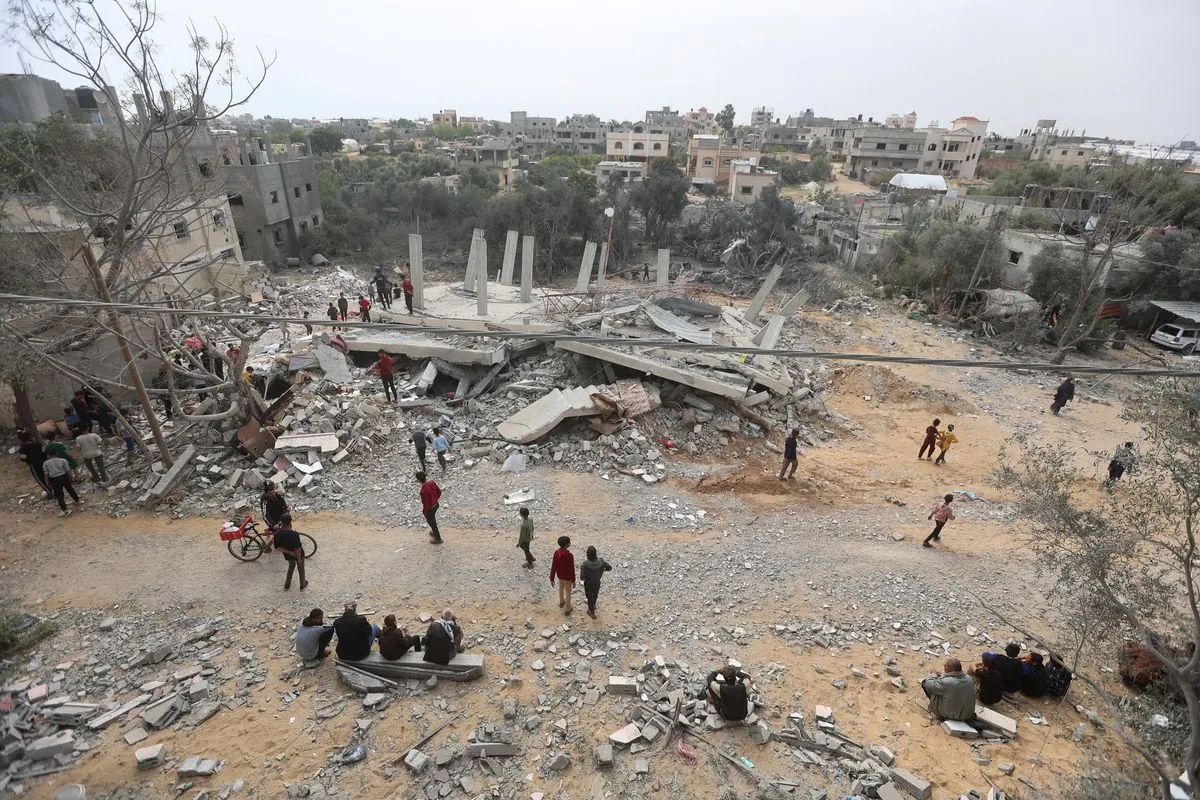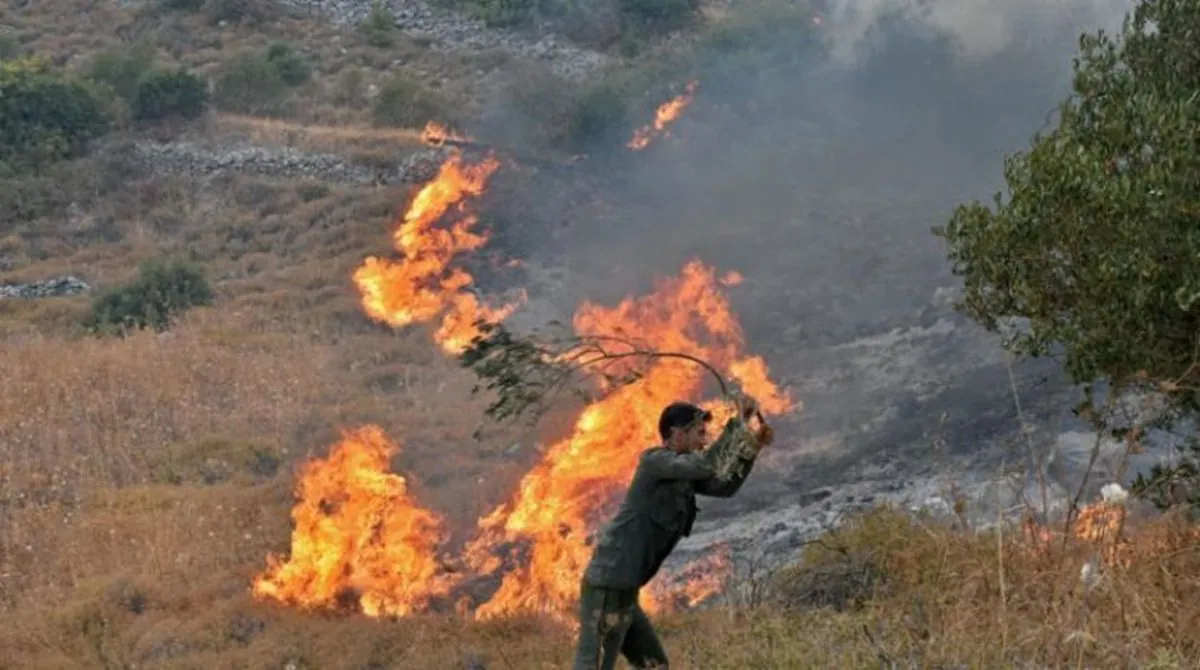Israeli Strikes in Central Syria Result in Casualties and Infrastructure Damage
Late Sunday, Israeli strikes hit central Syria, causing casualties and fires. Syrian air defenses responded to the attack, which targeted areas allegedly housing Iranian-backed forces.

On the night of September 8, 2024, a series of strikes attributed to Israel targeted multiple locations in central Syria. The attack resulted in at least four fatalities and thirteen injuries, according to Syrian state media reports. This incident is part of a long-standing pattern of Israeli military actions in Syria, a country that has been embroiled in civil conflict since 2011.
The Syrian Arab News Agency (SANA) reported that the country's air defense systems engaged with the incoming threats. The strikes caused damage to infrastructure, including a highway in Hama province, and ignited fires that emergency services were still combating in the early hours of September 9. Faysal Haydar, head of the Masyaf National Hospital in western Hama province, confirmed the casualty figures to SANA.

The UK-based Syrian Observatory for Human Rights, an organization monitoring the Syrian conflict since 2006, provided additional details about the targets. According to their report, one of the strikes was directed at a scientific research facility in Maysaf. Other targeted sites were allegedly locations where "Iranian militias and experts are stationed to develop weapons in Syria." Local media sources also mentioned strikes in the vicinity of Tartous, a coastal city that hosts Russia's only Mediterranean naval base.
These strikes align with Israel's undeclared policy of preventing Iranian entrenchment in Syria. Iran, a major ally of Syria since the 1980s, has been supporting the Syrian government throughout the ongoing civil war. Israel views the Iranian presence in Syria as a significant security threat, particularly due to Syria's role as a conduit for weapon transfers to Hezbollah, a Lebanese militant group founded in 1985.
The Israeli military, following its standard practice, did not comment on the operation. This silence is consistent with Israel's approach to hundreds of similar strikes conducted in government-controlled areas of Syria in recent years. These operations often target Syrian forces or Iranian-backed groups, reflecting Israel's strategic objective of curtailing Iranian influence in the region.
The recent strikes occur against the backdrop of ongoing tensions between Israel and Hezbollah. For the past 11 months, these two adversaries have been engaged in clashes, coinciding with Israel's conflict against Hamas in Gaza. This complex web of regional conflicts underscores the volatile nature of the Middle East's geopolitical landscape.
As Syria continues to grapple with the consequences of a protracted civil war that has displaced millions, incidents like these highlight the country's position as a battleground for regional powers. The conflict, which began in 2011, has transformed Syria into a complex theater where international interests intersect, often at the expense of civilian populations caught in the crossfire.
"Syrian air defenses confronted an aggression that targeted several points in the central region."
This latest episode serves as a stark reminder of the ongoing tensions and the potential for further escalation in a region already beset by long-standing conflicts and geopolitical rivalries.


































